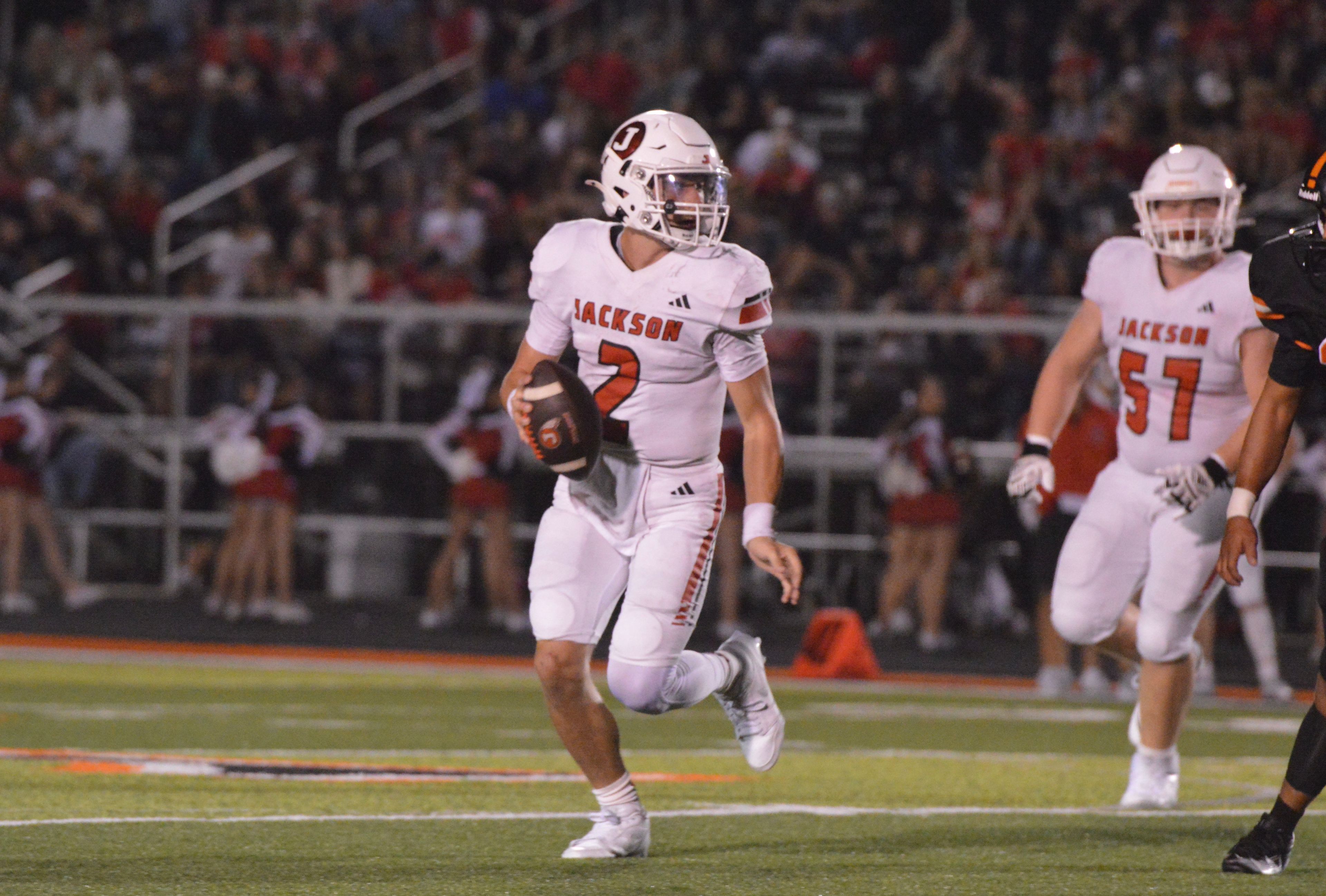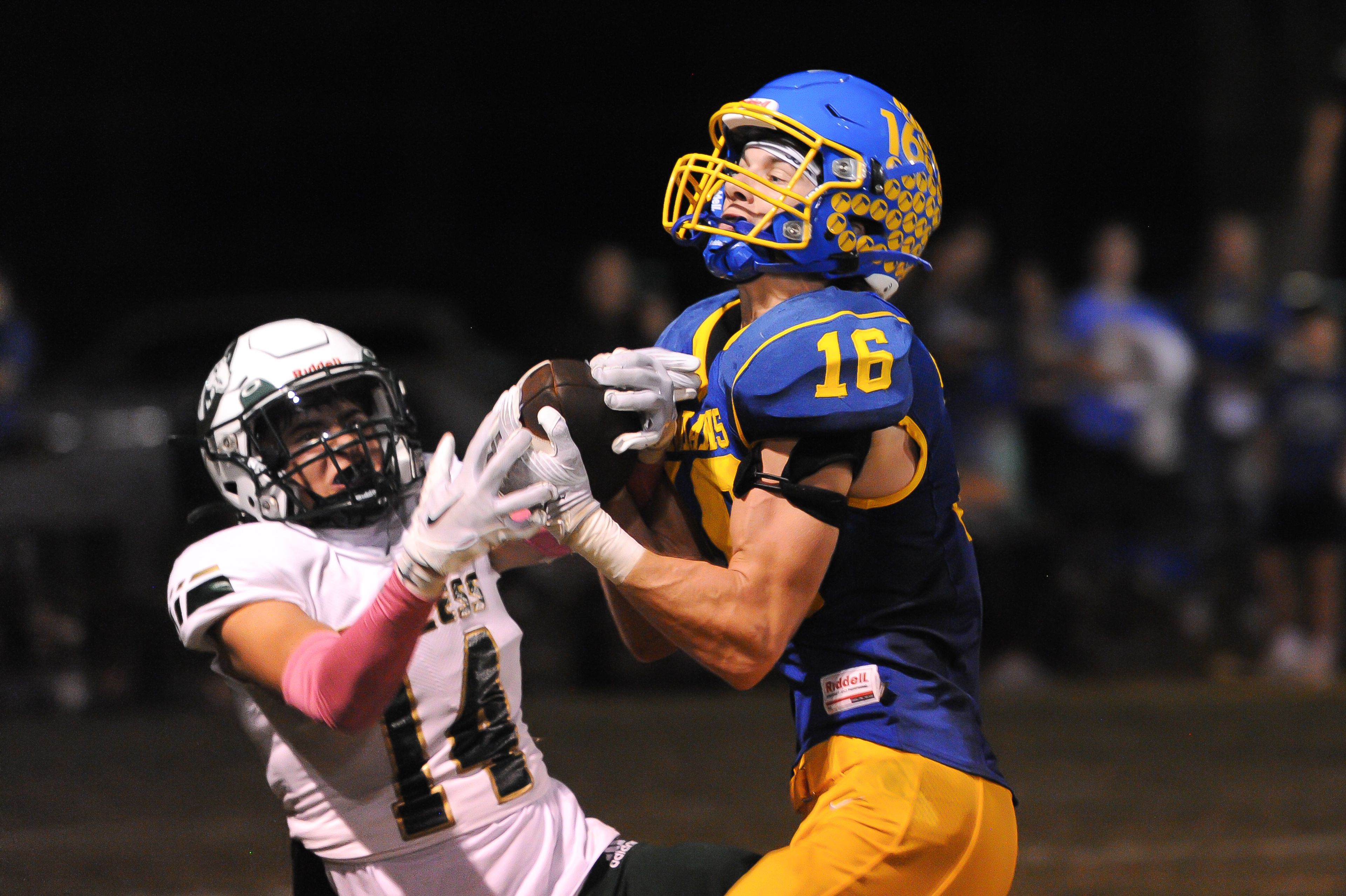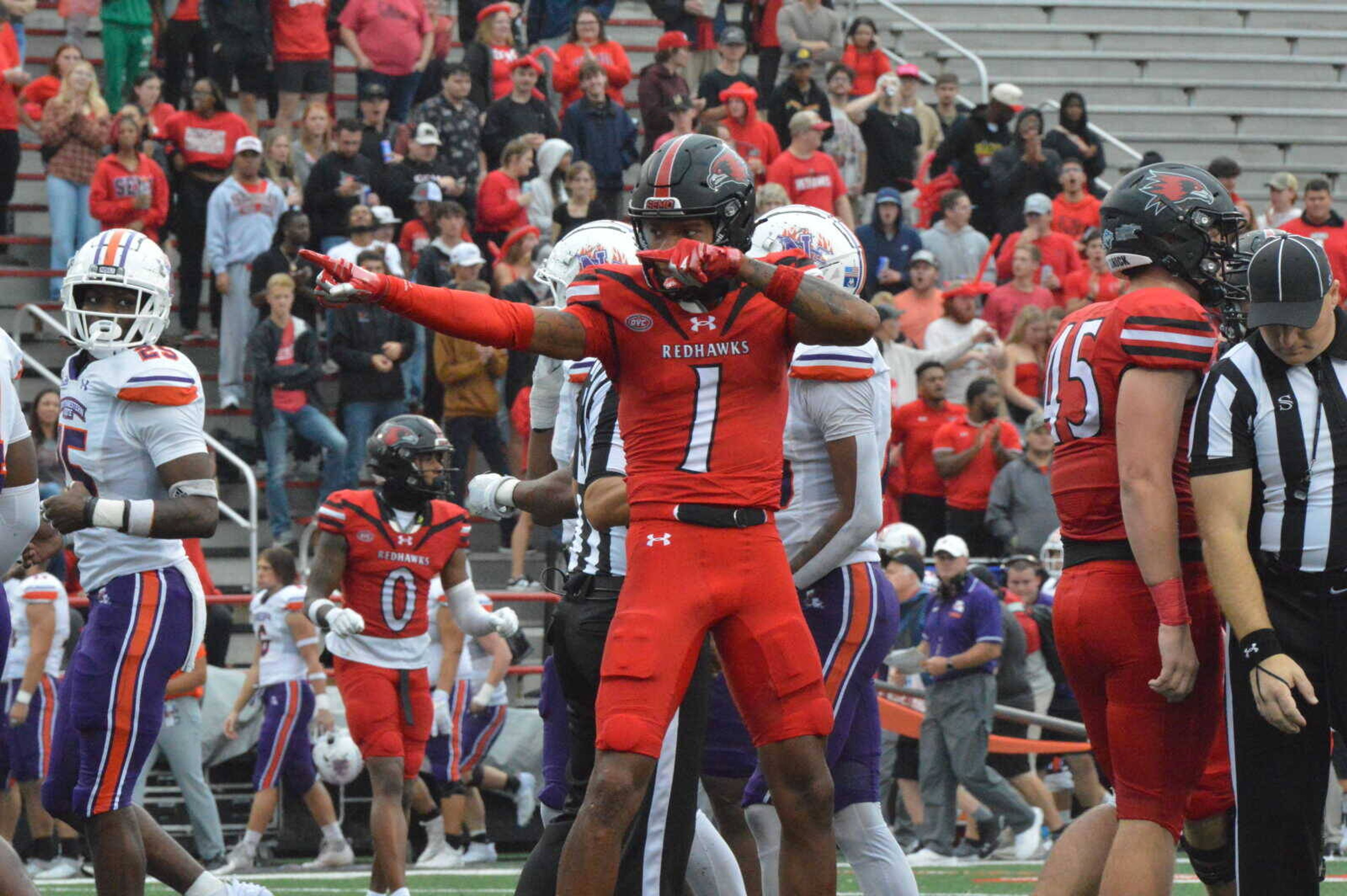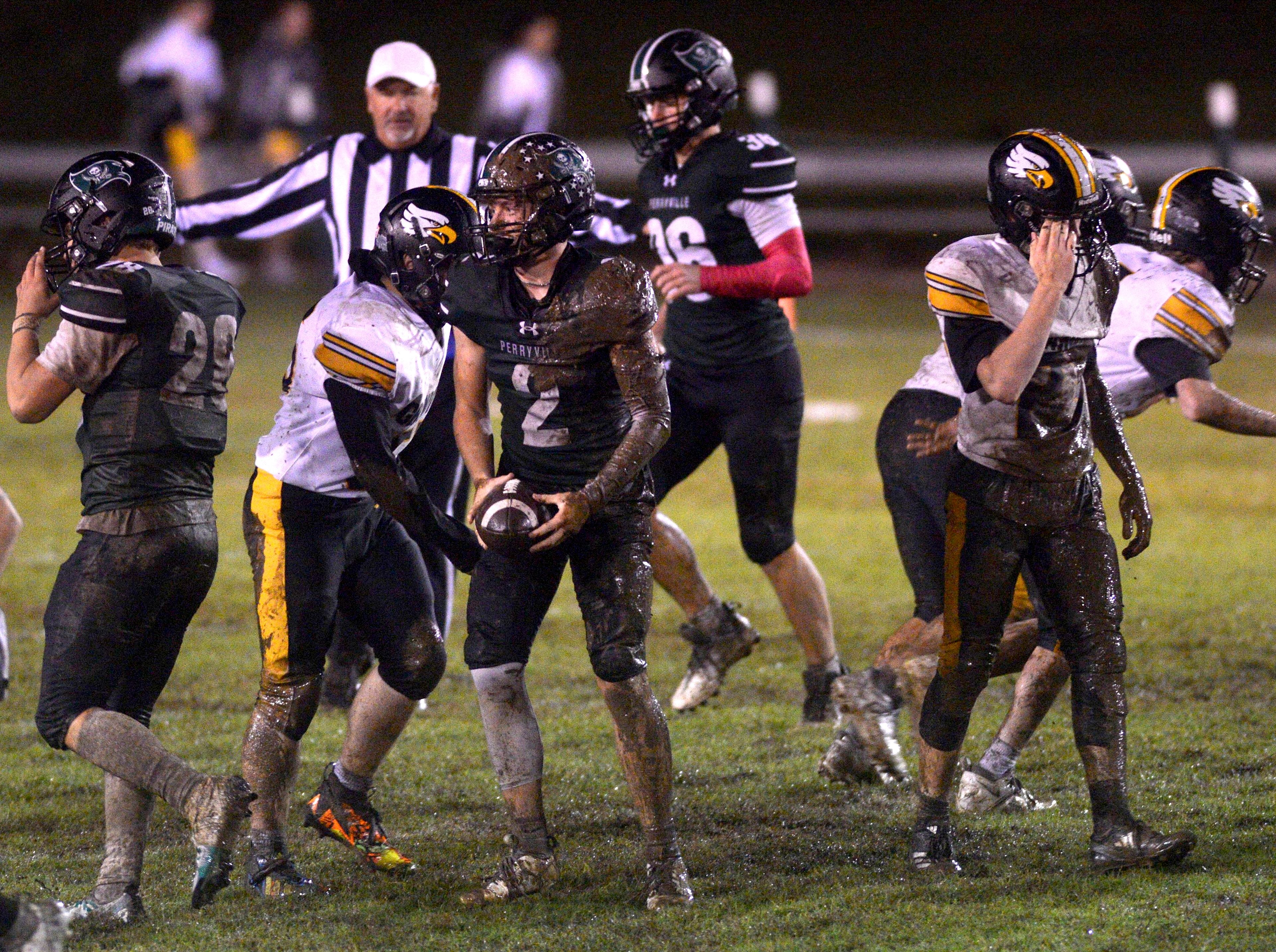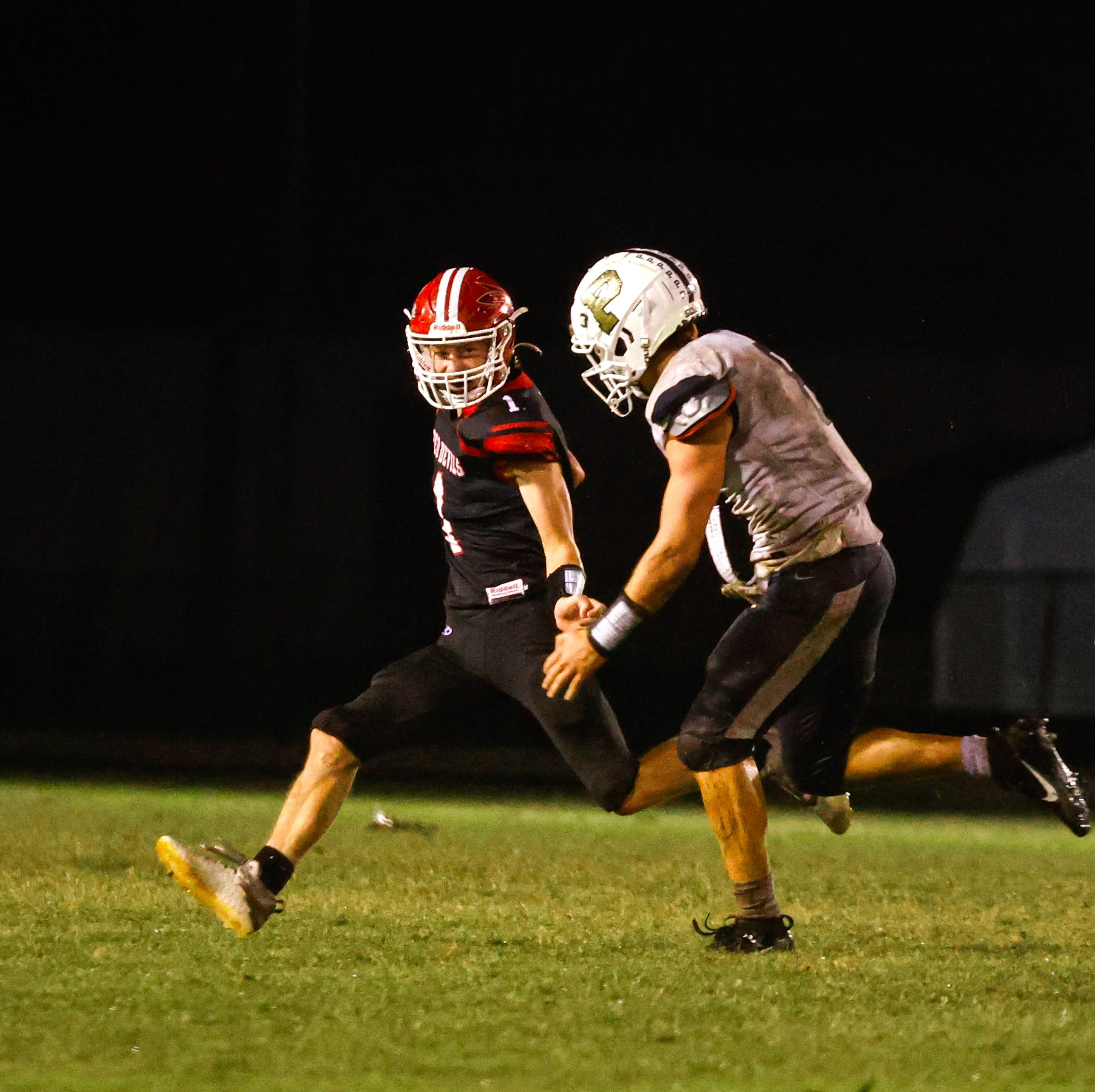Bill Russell can't tell you which team will win this year's NBA title, only which team would have won it every year.
His.
Russell will even let you pick from among any of the 13 Celtics teams he played on and coached. Twelve of them reached the finals. Eleven won it all. Eight of the titles came in succession.
His latest book, "Russell Rules," comes out next month in paperback and immodestly describes the author as the "20th Century's Greatest Winner." Whether true or not, Russell said the formula for success won't change anytime this century or the next. The team left standing at the end of the NBA's six-week knockout tournament will win for the same reason his Celtics teams did.
"We always had two things going for us," Russell said. "We were versatile and we played as a unit. That meant most of the time we could decide the style of play."
Today's players seem to think the way to achieve solidarity is to put on matching headbands. In Russell's days, it meant that any player on the team was willing to do dirty work, to sublimate his own game and chase the other team's best scorer all night.
"We always tried to take away an opponent's strength and make him beat you some other way," he said. "That meant sacrificing some of your guys, making them give up what they do well. Then, as the needs change with each series, you have to have a team full of players who are willing to do it round after round."
And it's always much easier in theory than in practice.
Russell was in the stands at Boston's FleetCenter on Sunday as the Celtics slowly cracked open the 76ers in Game 1 of their best-of-five, opening-round Eastern Conference series. Philadelphia's Allen Iverson, who missed the last 14 regular-season games because of a broken left hand, returned for this one with his shooting touch intact, at least in the early going. But after scoring 15 points in the first quarter, Iverson went the rest of the way without a field goal and missed his last nine shots.
Coach Larry Brown called time-out as the game was slipping away late in the third quarter because Iverson went cold and too many of his teammates tried too hard to pick up the slack. In the huddle, he scolded his team for not sharing the burden the way they were supposed to -- sideline microphones caught Brown yelling, "We didn't take a good shot the whole damned quarter!" -- but by then it was already too late.
"You never stop guys like that, as good as they are," Russell said, "but you can frustrate them, make them take more shots than usual to get their points. That frustrates them and upsets the balance of the team. If you're the guy whose job it is to defend that night, your ego had better be satisfied by making a guy less efficient. Because that could be the only payoff you get."
And though Russell definitely has some strong opinions on how the game should be played, he's open to all kinds of interpretations. He still gets a kick out of watching the Utah Jazz of John Stockton and Karl Malone play out of the same half-court sets they've used for 20 years. He's fascinated by how motion and sound fundamentals have transformed the Sacramento Kings from a collection of Chris Webber and spare parts into the most complete offense seen in the league in years.
"What makes the NBA playoffs interesting is that two totally different styles can get matched up," Russell said. "Then it's a matter of seeing which team can impose its style on the other."
For all that, he's still certain his Celtics would have been the ones calling the shots this time around, even against the Lakers of Shaquille O'Neal and Kobe Bryant.
"Shaq and Kobe would each have a great series, but they couldn't have run with us and they couldn't have stopped us from running. Like usual, we'd be dictating the speed of things.
"The real secret to playoff time," Russell said, lowering his voice to a conspiratorial whisper, "is acting instead of reacting."
Jim Litke is a national sports columnist for The Associated Press.
Connect with the Southeast Missourian Newsroom:
For corrections to this story or other insights for the editor, click here. To submit a letter to the editor, click here. To learn about the Southeast Missourian’s AI Policy, click here.
